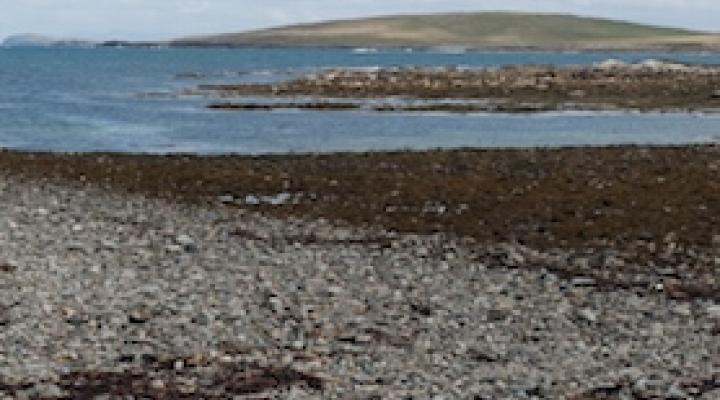

Eric Katz examines and compares the ontological and axiological character of artefacts—human creations—with nonhuman natural entities.
Robin Attfield presents and appraises Richard Sylvan’s trenchant critique of Deep Ecology and Warwick Fox’s illuminating reinterpretation and defence. A position intermediate between Deep Ecology and anthropocentrism is advocated, which has been called by Wayne Sumner “middle-depth environmentalism—a kind of continental shelf between the shallow and deep extremes.”
Filomina Chioma Steady links shelter, women, and the environment in order to understand this important dimension of the crisis in human settlements, particularly in the provision of human shelters.
Paul Craig, Harold Glasser, and Willett Kempton interview senior policy advisors to four European governments active in global climate change negotiations and the UNCED (United Nations Conference on Environment and Development) process.
Schmidt outlines the meaning and main phases of “economization” as a civilizing process, arguing that “ecologization” ’ of the current political-economic regime can be regarded as a continuation of this development. Due attention is given to the social conditions which may be favourable or impedimental to an ecologization of the economy. This article asks that environmental policies use the so-called trickle-down effect to their advantage.
Humans must define and carry out a way of life so that each generation can fulfill and forward their obligation to their children while enjoying a favourable way of life themselves.
Bryan Norton differs between two types of sustainability definitions, ‘social scientific’ and ‘ecological’ ones, in order to define our moral obligation to act sustainably.
Patrick Murphy argues for a new conception of human agency based on culturopoeia and an application of an ecofeminist dialogic method for analysing human-nature relationships.
The article explores the possibilities of a new ethic that incorporates the phenomenon of environmental crisis and aims at changing people’s outlooks and behaviour.
Brian Furze explores the importance of environmental awareness in the context of alternative agrarian social relations.